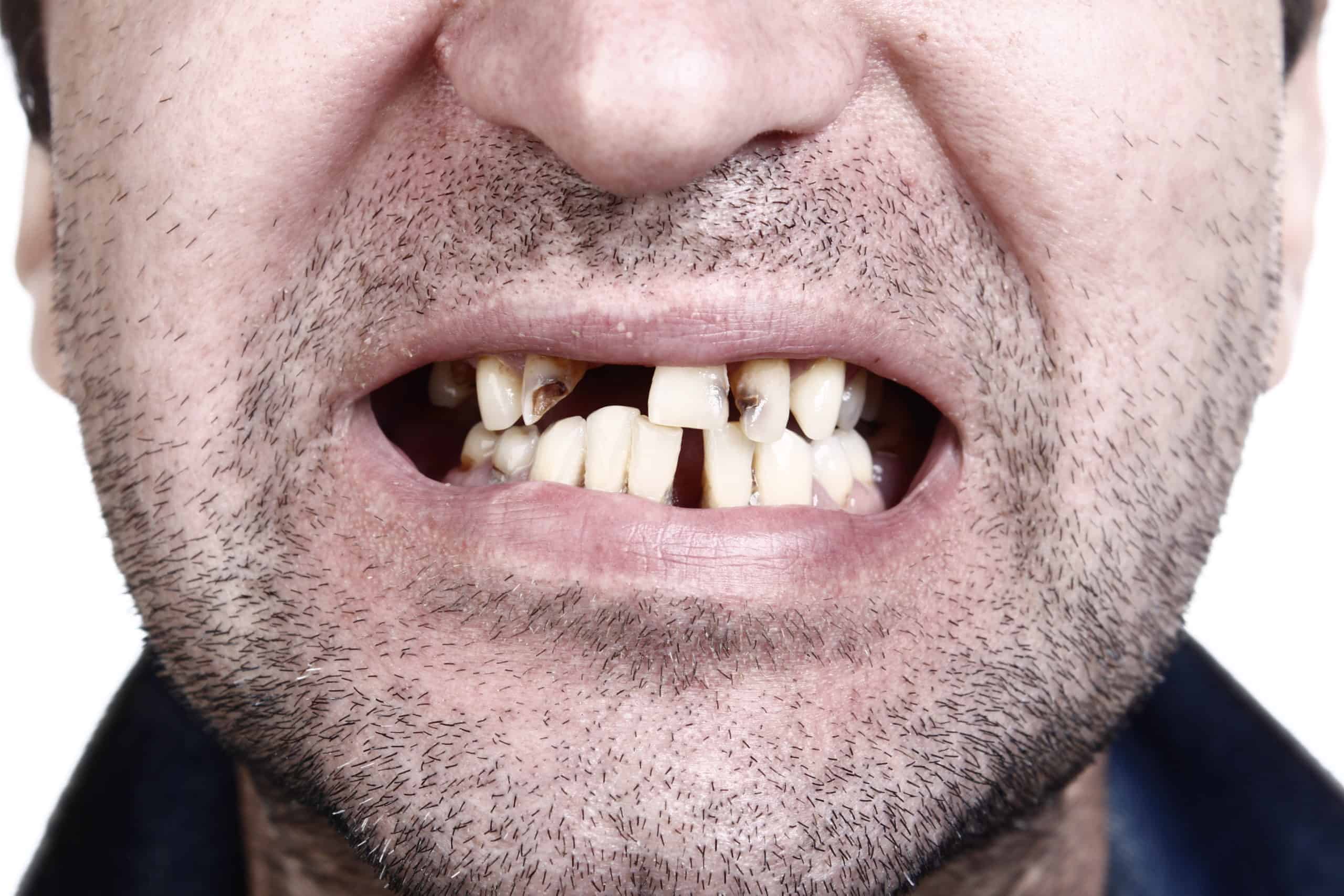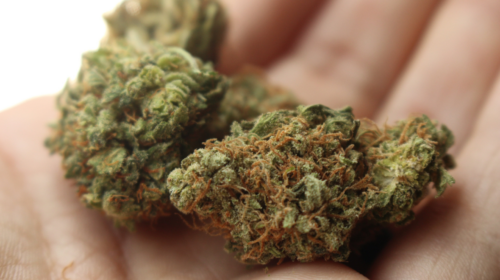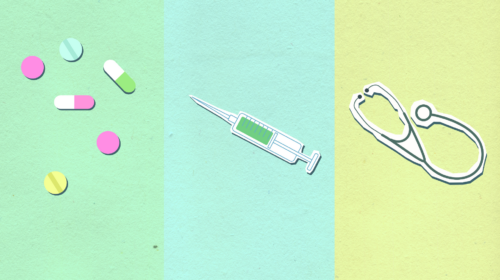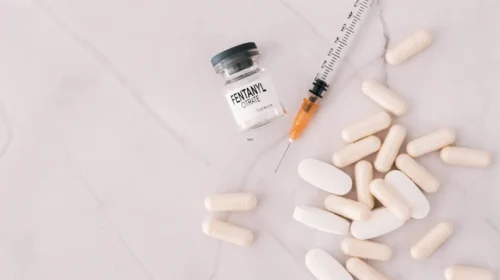Bad teeth are a pervasive stereotype for many people who struggle with or have struggled with substance use disorder. Unfortunately, the truth is that drugs do have an extraordinarily negative impact on teeth.
Dental issues and diseases are far more present and prevalent in those battling addiction than in the general population. Those dependent on and addicted to drugs regularly neglect their health and nutrition, which includes their dental health.
Because of the poor diet that most addicts juggle while actively using, their teeth suffer. The combination of fast food, energy drinks, and the actual act of drug abuse all come together to weaken and destroy the teeth. This often results in gum disease and broken or abscessed teeth.
How Stigma Impacts the Quality of Dental Care
Removing the stigma of drug addiction has enormous and far-reaching implications. Stigma has an enormous impact on the healthcare industry, which includes dental care.
On top of lessened quality of care, stigma can be internalized by those struggling with substance use disorders. As a result, they will be less forthcoming about their struggles, which can place them in a number of disadvantageous situations.
A lot of dentists don’t treat their patients who are in recovery the way they deserve to be treated. Some of this stems from the lasting stigma against addiction, while much of this treatment also stems from ignorance.
Most dentists won’t be able to connect the dots between their patients’ conditions and lifestyle. As a result, many will inadvertently prescribe patients narcotics and accidentally encourage abuse and relapse.
Being able to identify and treat dental patients with substance use disorders is important to not only breaking stigma but also preserving their health and recovery. If a patient is in recovery, giving them analgesics with opioids can cause them to relapse.
If a patient is still abusing opiates, it can be difficult to manage dental pain during appointments due to having built a high tolerance to painkillers. For a patient who struggles with alcoholism, drugs like aspirin can cause patients to experience internal bleeding. Central nervous system (CNS) depressants can also have dangerous interactions with local anesthetics that many dentists use.
If the stigma surrounding drug addiction is dispelled, patients can share pertinent information about their abuse without fearing the negative consequences.
The Impact of Different Drugs on Dental Health
Although all kinds of drugs and medications impact dental health, some drugs have bigger effects on teeth than others. Dental patients who are in active addiction suffer from high numbers of dental diseases depending on their drugs of choice.
Some specific issues are directly tied to certain drugs, and the resulting damage can be clearly tied to these drugs. For example, “meth mouth” is recognized by the American Dental Association and is easily identifiable and tied to chronic methamphetamine abuse.

Meth mouth most commonly presents itself as rampant tooth decay and severe cases of gum disease. Persistent meth use softens tooth enamel in a matter of weeks, which contributes to missing, fractured, and broken teeth with decay.
Those who use heroin struggle with similar issues due to cravings for sugary and sweet foods associated with heroin abuse. When combined with the low quality of life most people in active addiction face, this leads to an increase in decaying and missing teeth. Heroin also encourages bruxism, or tooth grinding, which can contribute to oral infections overall.
Similarly, MDMA, which is also known as “molly” and “ecstasy,” causes tooth grinding, dry mouth, and uncontrollable jaw clenching. Molly and ecstasy have also been linked to increased chances of gum disease.
When it comes to cocaine, the mixture of cocaine and saliva creates an acidic mixture that erodes enamel. Rubbing cocaine on the gums or consuming it buccally also causes gum and bone ulcers in the mouth. It also impacts the roof of the mouth and increases susceptibility to oral infections.
Alcohol has also been linked to oral cancer and tooth erosion due to most alcohols having high acidity. Most alcoholics struggle with dental diseases due to poor hygiene and overall lack of dental care.
Due to how unstable many addicts’ lifestyles are, it can be difficult to schedule and pay for dental appointments. In the end, this only serves to further their dental decay and periodontal disease issues.
Important Advice from Dr. Ari Socher, DMD
Dr. Ari Socher works with clients who have had issues with substance abuse on a daily basis. Dr. Socher works with Renumi Mobile Dental Clinic, a dental company that travels to and works with treatment centers to give clients dental care. Dr. Socher’s main goal is to help those in early recovery get their lives together and rebuild their confidence.
Arguably the most common dental issue Dr. Socher encounters is rampant dental decay. This results from the general lack of self-care that comes with going on a drug run.
Dr. Socher himself is in recovery, which continuously motivates him to give back. He loves being on the other side of the situation and encouraging the clients he works with. He loves dentistry and it’s his passion to give people the opportunity to smile again.
Dr. Socher loves being a mindful dentist because it reduces patient relapse rates. He appreciates giving clients the relief and comfort they need without jeopardizing their recovery.
Taking Care of Your Teeth Now
There are still many steps we need to take as a society to rid ourselves of the stigma around addiction. Thankfully, we’re much closer to this reality than we once were.
We can’t let this stigma keep us from getting the dental care we desperately need. Teeth and dental health impact so many areas of our lives without realizing it. Maintaining dental health and overcoming the fear surrounding this area of life can give us more than one reason to smile.
Dr. Socher encourages anyone and everyone to go to a professional to get their teeth examined. By doing so, we can prevent dental issues from getting worse. Usually, the issues are never as bad as we’ve built them up to be in our minds.
“We often convince ourselves that things are worse than they are,” Dr. Socher told me over the phone. “Humans have analysis paralysis, which is why we put off facing the issue.”

























